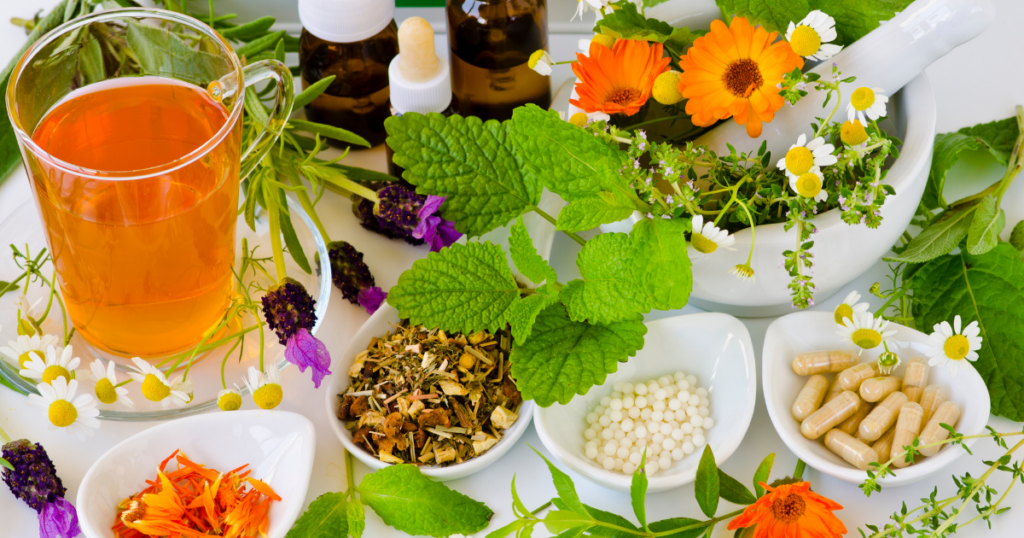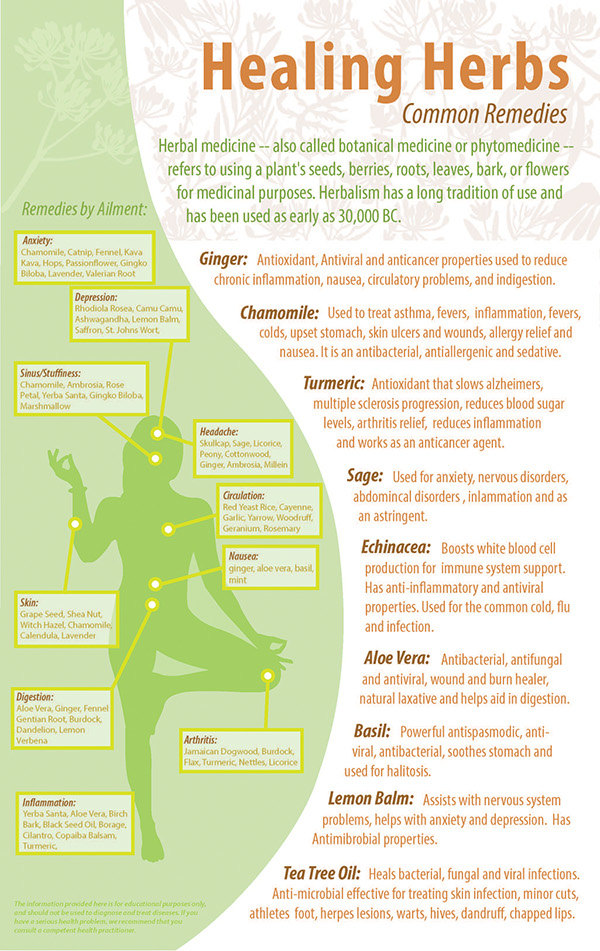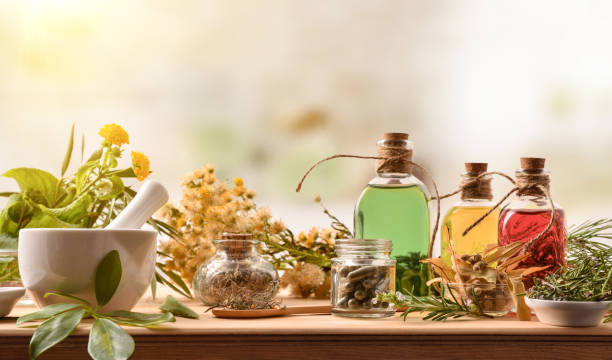
Herbal drugs have become popular lately as a “natural” alternative to conventional medicine. However, even though many people view these remedies as being safe per se, sometimes they might pose major threats.
Are Herbal Drugs Truly Secure?
Herbal drugs are not always secure; their safety varies. They can interact with medications and cause side effects. Quality and regulation also differ significantly.
Many customers believe that herbal medicines are extracted from plants and, therefore, harmless without causing any side effects. Furthermore, such products are often advertised as “all-natural” or ‘chemical-free.’ However, this assumption is deeply flawed.
Plants contain many chemicals which could powerfully affect the human body. That something is natural doesn’t mean it’s safe. In fact, some of the deadliest poisons known to humans like strychnine and cyanide come from nature as well.
Are There Regulatory Gaps?
Yes, there are regulatory gaps in herbal medicine. Standards for quality, safety, and efficacy can be inconsistent, and oversight varies widely between regions and products.
Unlike modern pharmaceuticals, there are no strict testing procedures through which herbal drugs have to pass before approval. In countries such as the United States dietary supplements are classified as herbal products rather than drugs.
Because of this status, clinical trials are not required for them to be licensed before going to market.
Without proper oversight, harmful substances can be sold freely in an unregulated environment where innocent consumers may purchase them unknowingly.
It is impossible to determine all possible side effects associated with interactions between herbs and other prescription medications in the absence of lab testing.
Is There Incoherence In Quality and Strength?
Inconsistency of quality and strength is one of the most significant risks associated with herbal drugs. When compared to pharmaceuticals, which must follow strict manufacturing protocols; these herbals can significantly differ in their composition and efficacy.
Fertility, climate, and harvesting practices affect the potencies of plant active compounds. Different extraction and processing techniques usually lead to variations in the amounts of active ingredients present.
Some unscrupulous manufacturers often include undisclosed substances in their products to enhance their presumed efficiency.
This variation implies that customers can never be certain about the exact dosage they are taking, leading to underdosing (rendering the product ineffective) or overdosing (which potentially poses a danger).
Are There Risks Of Interactions with Conventional Medications?

Yes, herbal medicines can interact with conventional medications, potentially altering their effects or causing adverse reactions. It’s important to consult healthcare providers before combining them.
Many people who take herbal drugs do so while under conventional medication without informing health care providers. This practice has the potential for dangerous drug interactions because there are many herbs that affect how human bodies metabolize prescription drugs.
An instance would be St.John’s Wort, which is commonly used for depression treatment but has been found to have interactions with various medications such as contraceptives, anticoagulants, or HIV/AIDS treatment medication.
Another problem lies in the fact that most healthcare providers have little knowledge about herbal medicine hence they may not even know if any interactions could exist.
What Are The Researching and Educating Challenges in Herbal Medicine?
Researching and educating about herbal medicine face challenges like inconsistent quality, limited rigorous studies, variability in plant sources, and lack of standardization and regulation.
Researchers and educators face significant hurdles in dealing with the complicated nature of herbal medicines. Some herbal products comprise multiple active compounds that may interact in ways that are hard to study or predict.
Furthermore, product composition varies, making it difficult to conduct reliable clinical trials.
Due to that reason, medical practitioners find it difficult to offer professional guidance on how to best utilize herbs. So people fail to make wise decisions when it comes to herbal medicines due to lack of scientific backing.
What herbs are hard on the liver?
Herbs like kava, comfrey, and ephedra can be hard on the liver, potentially causing liver damage or interacting negatively with liver function.
Kava, comfrey, chaparral and pennyroyal are examples of herbs that can be tough on one’s liver. These may cause hepatotoxicity, hepatic injury, and in some extreme cases, hepatic failure. It is imperative to use them with care under professional supervision to prevent possible liver problems.
What herbs are bad for you?
Herbs like comfrey, kava, ephedra, and chaparral can be harmful, potentially causing liver damage, adverse effects, or interactions with medications. Consult a healthcare provider for safety.
Some herbs can be dangerous, especially when taken in high quantities or used for a long time. Among these include aconite, ephedra, and belladonna, which have the potential to cause severe toxicity and heart problems, among other health issues. Before using any potent herb, always seek advice from medical professionals.
What herbs can cause anxiety
Herbs that can potentially cause or exacerbate anxiety are ginseng, ephedra, and high doses of green tea, due to their stimulating effects or interactions with the nervous system.
Herbs, including ginseng guarana and ephedra, may make it more difficult for individuals who have anxiety disorders. They contain stimulants causing an increased heart rate and a sense of restlessness leading to heightened anxiety, particularly in those with sensitive constitutions or preexisting nervous tension.
What is the best drink to flush your liver?

Water is the best drink to flush your liver, as it helps maintain hydration and supports liver function. Herbal teas like dandelion may also assist.
Drinking water with lemon is recommended as a good drink for cleansing the liver. This helps detoxify it, aids digestion and also enhances its operation. Maintaining adequate supplies of plain water also helps the liver work properly by encouraging natural detoxification by urination.
What drug is most toxic to the liver?
Acetaminophen (paracetamol) is highly toxic to the liver, especially in high doses or with chronic use, leading to severe liver damage or failure.
Acetaminophen (Tylenol) ranks top as far as herbs toxic to livers are concerned. Overdose or continued use can result in acute liver damage or even failure. Thus, it must be administered according to prescription instructions without alcohol intake or other substances that would put strain.
What are three of the worst things for your liver?
Excessive alcohol, high doses of acetaminophen, and chronic hepatitis infection are among the worst things for your liver, causing significant damage and dysfunction.
Alcohol in excess causes fatty liver, hepatitis, and cirrhosis. High-fat diets contribute to non-alcoholic fatty liver disease (NAFLD).
Some medications, such as acetaminophen and some antibiotics, can lead to hepatic injury due to improper usage over extended periods.
Conclusion
Despite the potential benefits associated with herbal drugs, the biggest problem with these products is the lack of regulation and standardization. Consumers exposed to this gap in regulation stand the risk of experiencing potency variations from one batch to another or even hazardous adulterations.
Herbal remedies should therefore be approached cautiously, while healthcare providers should always be contacted on how there can be stricter supervision within this industry.
